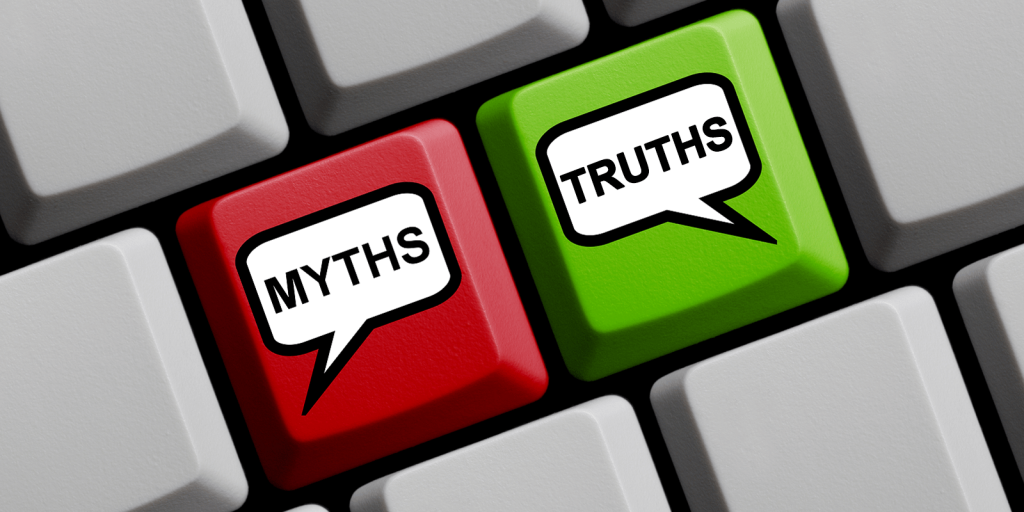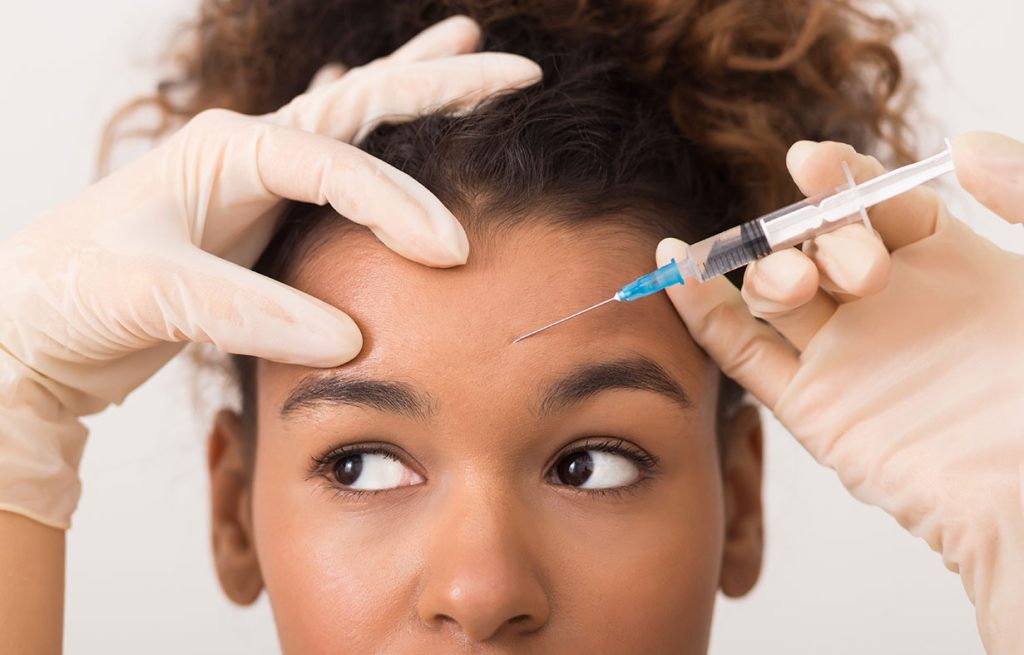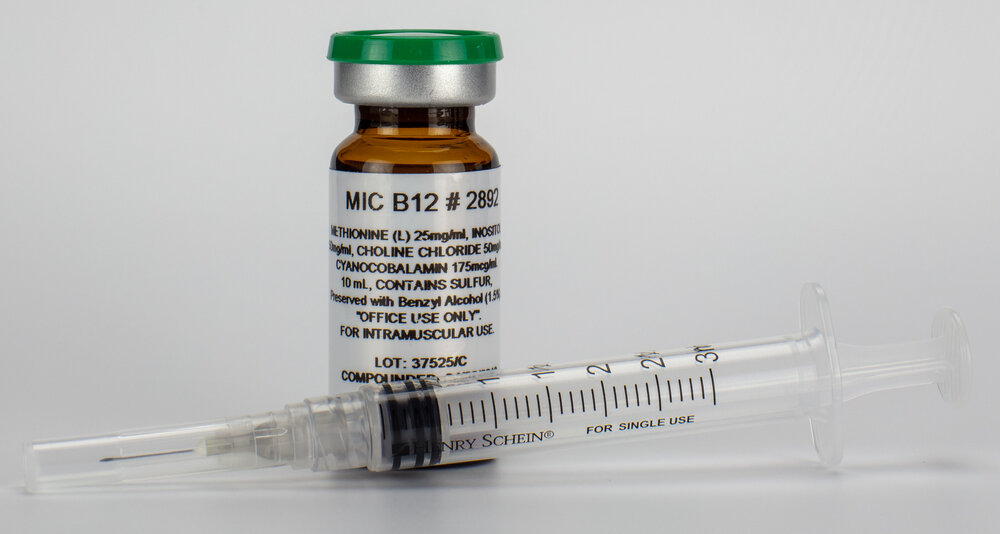Botox on Black Skin. Having a darker complexion makes no difference in receiving a Botox or filler treatment. Enter the world of Botox and its relationship with black skin, dispel common myths, and explore how skilled practitioners can deliver safe and stunning results.
Botox, Facial Fillers & Black Representation
One significant problem with injectable and other treatments has been representation in marketing portrayals.
“When most of these aesthetic and anti-aging treatments were initially launched, they were marketed only to white women. Frustratingly, clinical studies of their effectiveness were also performed almost exclusively on white women.
So, for many women and men of color, it has traditionally been hard to see or envision themselves indulging in these cosmetic procedures. And, while the media still has a long way to go, thanks to more inclusivity in advertising Black individuals are now being included in the media conversation about Botox, facial fillers and other cosmetic products and treatments.” — Dr Ali
In the pursuit of ageless beauty, millions of individuals turn to cosmetic procedures like Botox to reduce the appearance of wrinkles and fine lines. However, for people with darker skin tones, concerns about the safety and effectiveness of Botox have lingered due to historical experiences.
Understanding Botox
The word Botox is the brand name for a type of neuromodulator. It’s the first of its kind and is synonymous with injectables like Coke is to sodas.
In specific quantities, placed strategically via injection, Botox can freeze the facial nerve-muscle connection. This process smooths out wrinkles and fine lines.
Botulinum toxin type A is FDA approved for various cosmetic and health applications.
Botox, scientifically known as botulinum toxin, has long been recognized as a non-surgical cosmetic treatment for facial rejuvenation. By temporarily blocking nerve signals to facial muscles, Botox smoothens wrinkles and lines, revealing a more youthful appearance. Its effectiveness in reducing frown lines, crow’s feet, and forehead creases has made it a sought-after treatment worldwide.
Botox on Black Skin
Black skin is unique, boasting higher levels of melanin, which provides a natural defense against the harmful effects of UV radiation. This extra melanin can also contribute to fewer fine lines and wrinkles compared to lighter skin tones. However, as with any skin type, aging eventually takes its toll, and wrinkles may start to appear.
According to the ASPS’ 2020 Plastic Surgery Statistics report that breaks down procedures among ethnicities, 1.78 million Black Americans opted for cosmetic procedures last year and the numbers have risen annually, from 1.68 million in 2018 to 1.77 million in 2019. While “Black don’t crack” may be tried and true for some, many are taking beauty into their own hands. The lingering question is why.
Xeomin is another option
Xeomin is similar to Botox in terms of its use and efficacy. Its neuromodulating (remember that word?) properties stop communication between the nerves in the face and the brain, helping to smooth out your skin. However, Xeomin is a purer form in that it does not contain any botulinum toxin B proteins, which some patients may prefer. Like Botox, Xeomin can be a good option for patients with dark skin as it minimizes the risk for post-inflammatory hyperpigmentation (PIH). It’s also preferred for use for frown lines (aka 11 lines). Because of its pure form, you’re unlikely to form antibodies, which reduces its effectiveness.
Dysport for smoother skin
Dysport is another injectable that temporarily relaxes muscles in order to minimize wrinkles and fine lines; however, it works by inhibiting muscle movement rather than directly paralysis muscle contraction like Botox does. It has been shown to be particularly effective in treating crow’s feet and glabellar lines. It’s also great for moderate frown lines.
Busting Myths: Is Botox on Black Skin Safe?

Myth 1: Botox is less effective on black skin.
Reality: Botox can be just as effective on black skin as on lighter skin tones. The key lies in the expertise of the practitioner and the appropriate dosage based on the individual’s skin type.
Myth 2: Botox causes hyperpigmentation in black skin.
Reality: While there have been isolated cases of hyperpigmentation following Botox injections, these incidents are rare and are often attributed to incorrect injection techniques or inexperienced practitioners. When administered correctly, Botox should not cause hyperpigmentation in any skin type.
Myth 3: Botox changes facial features, resulting in an unnatural look on black individuals.
Reality: A skilled practitioner’s goal is always to enhance natural beauty and maintain the individual’s unique facial features. Botox should never alter a person’s identity; instead, it should create subtle enhancements that highlight their inherent beauty.
Finding the Right Practitioner
The success of any cosmetic procedure, including Botox, greatly depends on the expertise of the practitioner. For black individuals seeking Botox treatments, at Lavish Wellness & Aesthetics, we are qualified practitioners with experience working on diverse skin types.
Schedule a consultation to discuss your goals, concerns, and any potential risks associated with the procedure.



